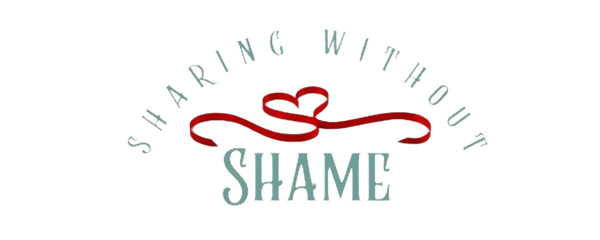Our bodies play a key role in how we feel and handle emotions, especially when we’re dealing with difficult things like addiction or codependency. Usually, we focus on what’s going on in our minds and feelings, but our bodies can also give us clues when something is wrong. These clues, like feeling tense, tired, or even getting sick, are important to pay attention to.
“All the suffering, stress, and addiction comes from not realizing you already are what you are looking for.” – Jon Kabat-Zinn, founder of MBSR (Mindfulness-Based Stress Reduction)
Sometimes, our bodies give us signals, like a tight chest, shallow breathing, or clenched fists, to show that something’s off, even before we realize it in our minds. By noticing these physical signals, we can understand our emotions better and figure out what’s really bothering us, whether it’s stress, worry, or something else.
Paying attention to our bodies can really help when we’re trying to heal. It teaches us to connect how we feel with what our body is telling us, and that helps us stay healthy. This awareness helps people stop unhealthy habits and start using better ways to cope.
When people struggle with addiction, they often ignore what their body is trying to tell them. They might feel things like a tight chest, headaches, or stomachaches, but in the chaos of addiction, these signals are often overlooked. Sometimes, people turn to substances or behaviors to try and escape these uncomfortable feelings, but that only makes things worse over time.
With codependency, people tend to put others’ needs first and forget to take care of themselves. This can make them feel tired, stressed, or even sick. Sometimes they might think it’s just part of being a good helper or caregiver, but it’s their body’s way of telling them they need to take care of themselves too.
Learning to listen to our bodies is an important part of healing. Activities like yoga, mindfulness, and deep breathing can help us reconnect with our bodies. These practices not only help us relax but also teach us to recognize when something feels off, so we can manage our emotions before they get too overwhelming.
“Also, go inside and listen to your body, because your body will never lie to you. Your mind will play tricks, but the way you feel in your heart, in your guts, is the truth.” - Don Miguel Ruiz, renowned Spiritual Teacher and Internationally bestselling Author
It’s also important to talk about what we’re going through. In the Sharing Without Shame community, we encourage people to share their experiences with addiction, codependency, and how these struggles affect their bodies. By creating a safe space where everyone can talk without feeling judged, we help each other heal.
When we learn to listen to our bodies and share our stories, we can take big steps in our recovery and support others in their journey too.
